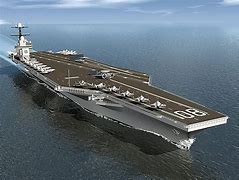
The global aircraft carrier market, a cornerstone of naval warfare and maritime security, is projected to reach new heights, driven by an amalgamation of strategic imperatives and technological prowess.
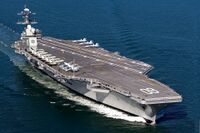
Amidst escalating territorial disputes and heightened defense priorities, the floating airbases, which serve as launch pads for military aircraft, are witnessing burgeoning demand.

This anticipated market expansion is fueled by countries striving to bolster their naval capabilities to establish dominance across the oceanic expanse.
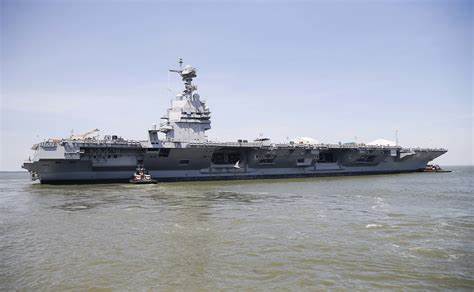
A study anticipates the Aircraft Carrier Market is projected to reach a value of USD 4.0 million by 2030, experiencing a Compound Annual Growth Rate (CAGR) of 3% from 2020 to 2030.
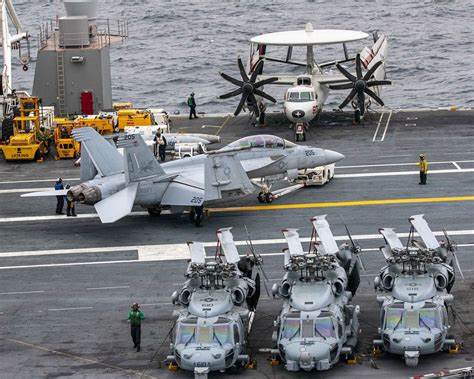
The quest for maritime supremacy is not merely about power projection but also encapsulates strategic significance, regional security, and naval innovation.
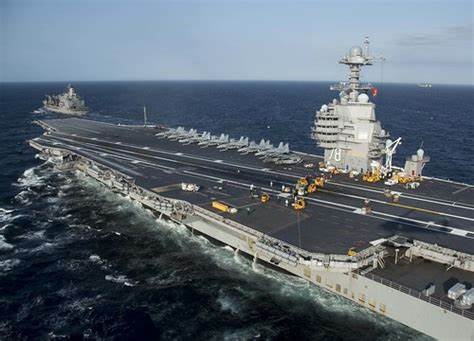
The market’s growth trajectory reflects a response to the intricacies of global politics, where territorial controversies and security dynamics propel nations to fortify their sea-faring vessels.
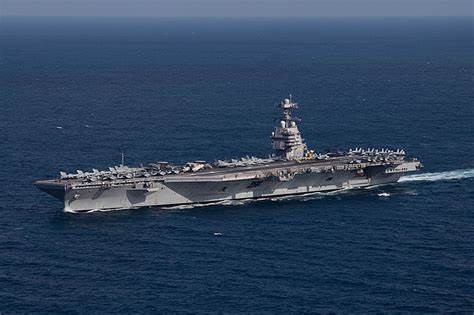
Nations such as the U.S., the UK, and India are leading the charge, enhancing their naval warfare capacities and investing heavily in coastline defense.
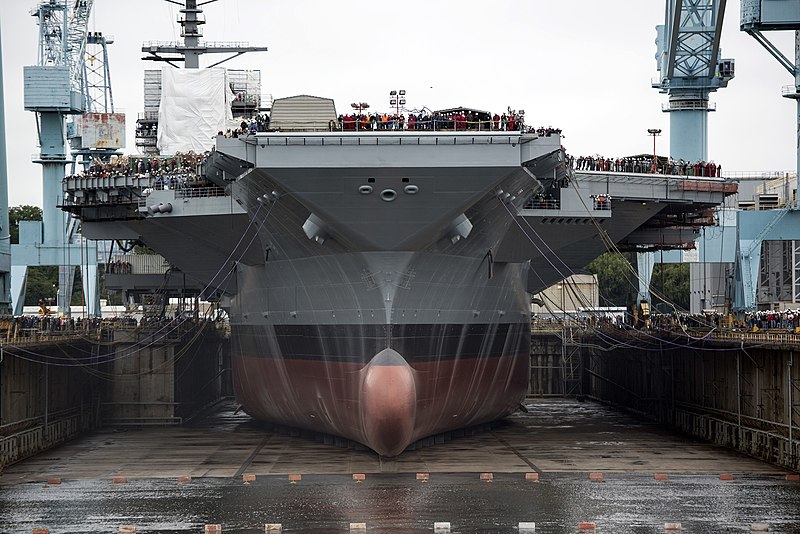
In the U.S., the future USS Enterprise (CVN-80) delivery has been postponed by 18 months due to supply chain challenges, signaling the complexities inherent in aircraft carrier construction.
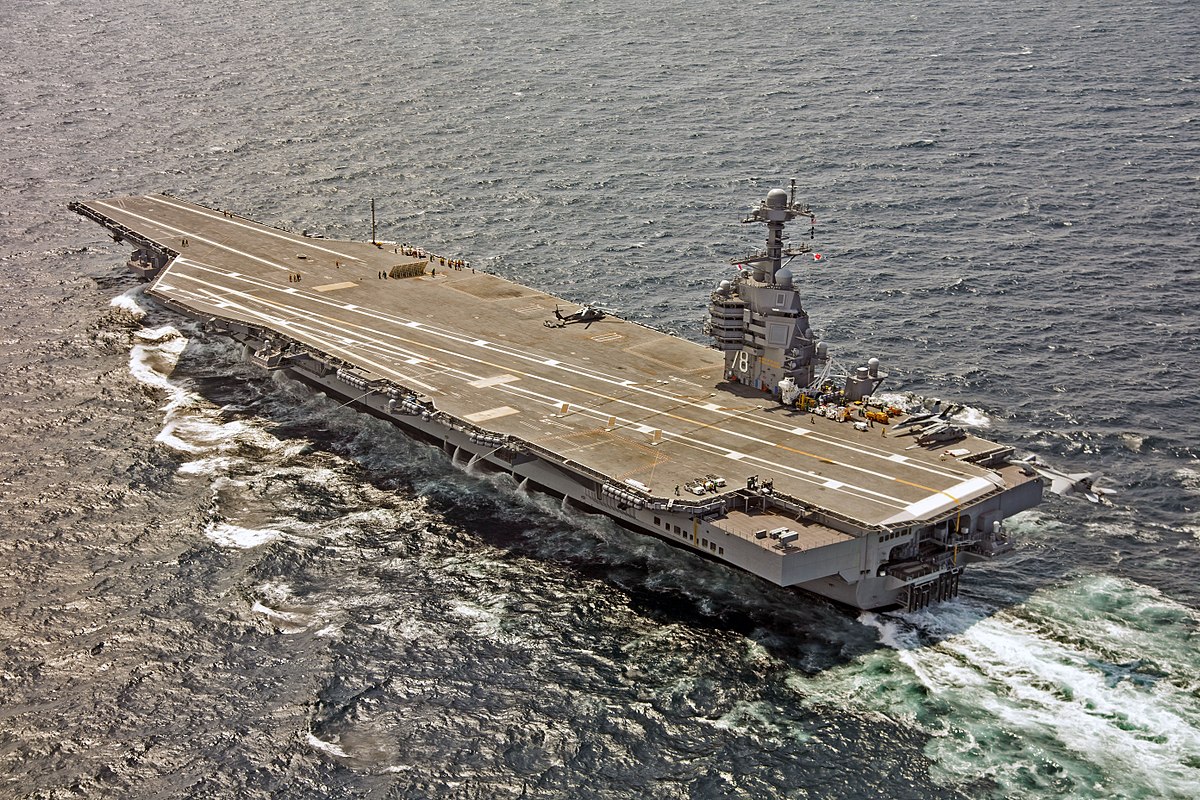
Furthermore, the planned purchase of the next carrier, CVN-82, is deferred to fiscal 2030, highlighting budgetary and strategic reshuffling.
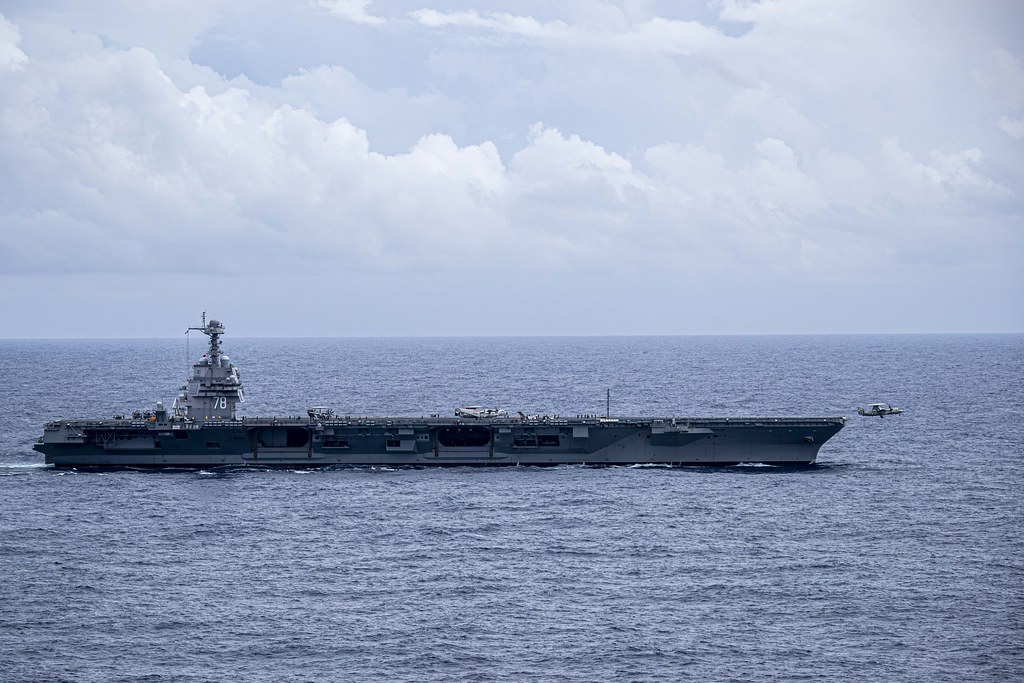
The Aircraft Carrier Industrial Base Coalition (ACIBC) reports that delays in purchases like the CVN-82 could lead to layoffs and a pivot away from military shipbuilding, potentially disrupting a delicate industrial ecosystem.
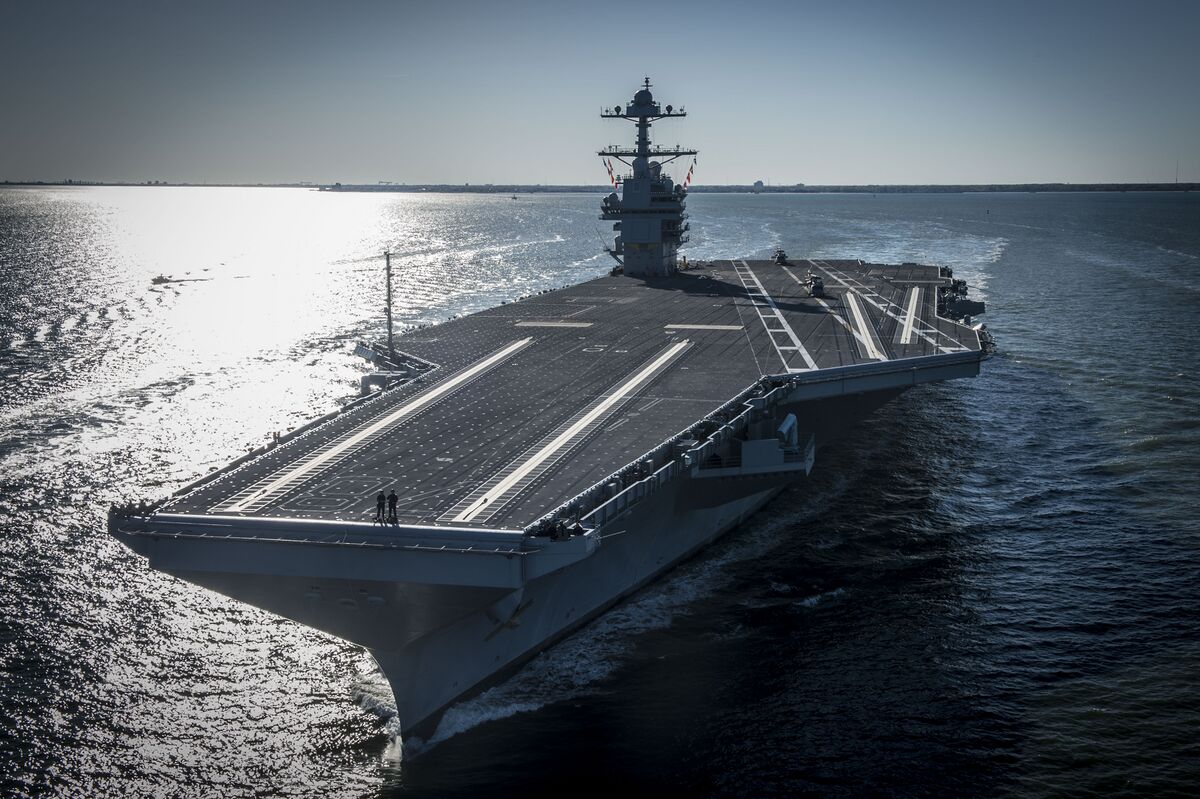
According to a recent survey by the trade association, more than half of the ACIBC’s suppliers provide components for both the Navy’s submarine platforms and aircraft carriers.
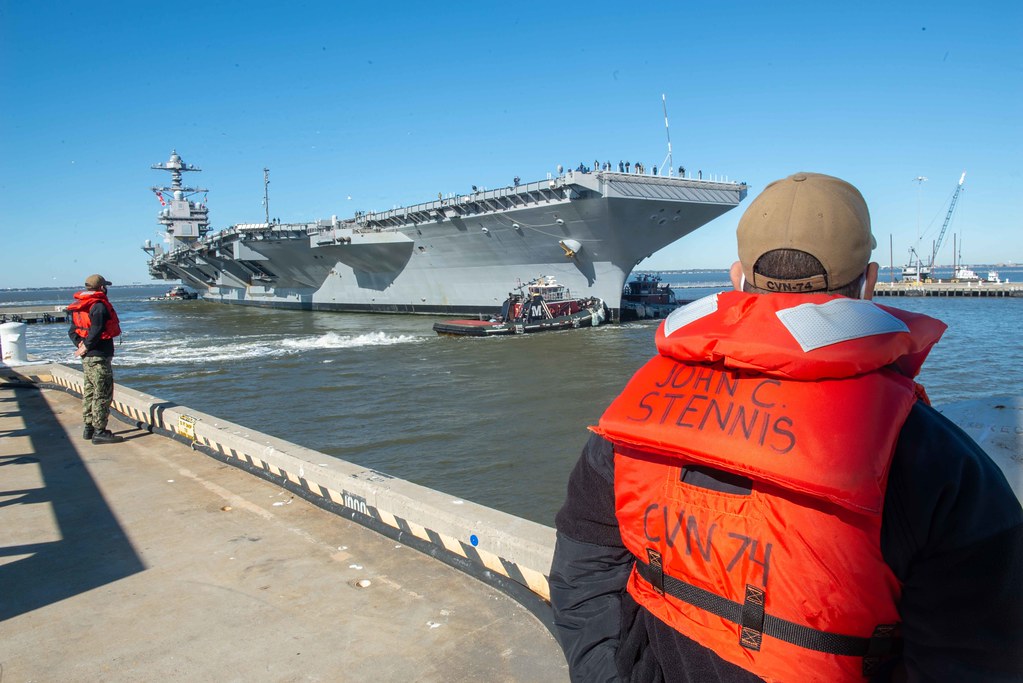
HII executives have referenced this fact when expressing concerns about the delay of CVN-82, suggesting it could impact the construction of nuclear-powered attack submarines and ballistic missile submarines.

In a move to streamline costs and reinforce the industrial base, the Navy engaged in a block buy announced in January 2019, acquiring both the Enterprise and the future USS Doris Miller (CVN-81).
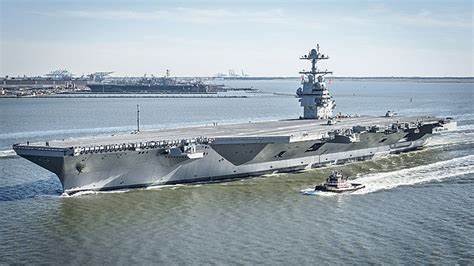
Officially, the Navy procured the Enterprise in FY 2018 and the Doris Miller in FY 2020.
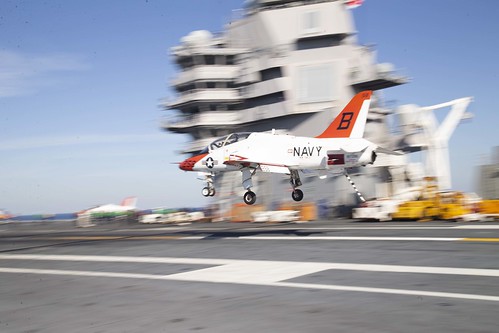
During the announcement of the block buy, Navy officials anticipated savings of $4 billion. Both Navy and HII executives acknowledge that the block buy has led to cost efficiencies, prompting them to advocate for another block buy for CVN-82 and CVN-83. However, any future block buy will necessitate approval from Congress.
Relevant articles:
– Aircraft Carriers Market to See Huge Growth by 2030 | Northrop Grumman, Leonardo S.p.A, United Shipbuilding, BAE System, openPR.com
– Aircraft Carrier Market Insights, Size, Share, Industry, Market Research Future
– Aircraft Carrier Enterprise Delivery Delayed by 18 Months, Says Navy, usni.org
– Aircraft Carrier Market to Grow with a CAGR of 6.29% Globally through to 2028, TechSci Research
